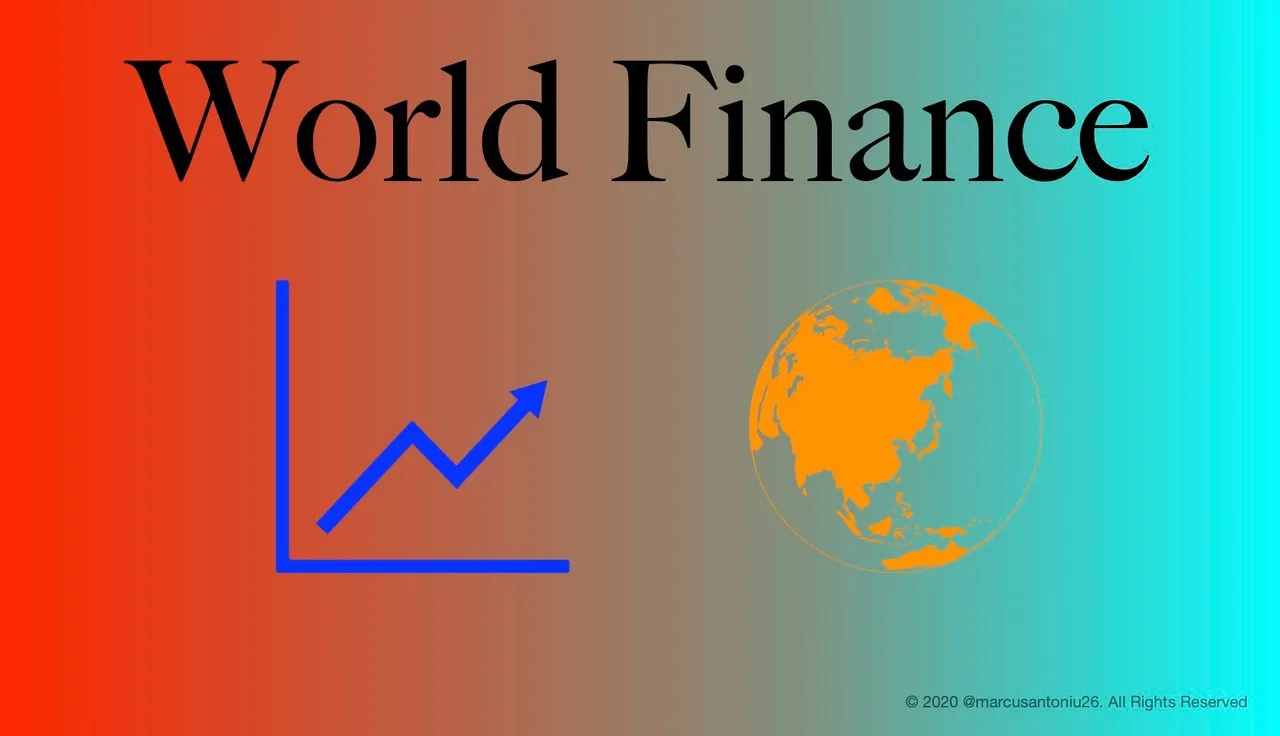
Racketeering refers to the illegal act of engaging in or operating a criminal enterprise or scheme for profit. It typically involves organized crime groups or individuals using deceit, coercion, or violence to control certain businesses or industries. In other words, it is to engage in illegal activities to generate a profit, managing them like a business. Racketeering often includes activities like extortion, bribery, money laundering, fraud, and loan sharking as part of the "business" model.
The term became widely known through the Racketeer Influenced and Corrupt Organizations Act (RICO), a U.S. federal law passed in 1970. This law allows prosecutors to target entire criminal organizations, not just individuals, for their involvement in ongoing illegal activities.
Common examples include organized crime syndicates controlling illegal gambling, drug trafficking, or human trafficking networks. Penalties for racketeering can include elevated fines, asset forfeiture, and long prison sentences.